After Rocketship X-M’s accidental and eventually doomed trip to the Red Planet it was up to producer Walter Mirisch over at Monogram Productions to give the public a true “Martian Experience” and with his film Flight to Mars that is just what the public got, right? Well, not quite, what the public actually received was a film that was the end result of a film being shot on an extremely low budget on a mere five-day schedule and with what could best be described as a “borrowed feature" as not only did they lift story elements from previous space films but also their props and sets as well.
Much of the plot of Flight to Mars was borrowed from the Russian silent film Aelita but where that film had remarkable sets and fantastic costume designs Flight to Mars relied on props from previous space adventure films and a couple of passable matte paintings, and by that I mean they didn't completely suck. This particular version not only pits Earth men against those pesky Martians but Hollywood’s ever flagrant sexism as well, and while the plot dealing with an American scientific expedition to the Red Planet may be the central core of the film one can't help but admit that the “women be crazy” theme is an even stronger element. The basic story surrounds Earth’s first expedition to Mars which is led by physicist Dr. Lane (John Litel) and includes Professor Jackson (Richard Gaines), engineer Dr. Jim Barker (Arthur Franz ) and his assistant Carol Stadwick (Virginia Huston), but what is a little surprising is the inclusion of journalist Steve Abbott (Cameron Mitchell) an ex-war correspondent who is to cover this historic mission. I’m assuming this character was added to crew mostly to be the audience identification figure, someone who things could be explained to, but mostly he’s an Alpha Male asshat who should have been pushed out a portal at the first opportunity.
He basically drives women to drink.
What is even odder than stuffing a civilian aboard such a mission is the fact that half of the crew seem rather fatalistic about the outcome, that getting back alive is secondary to actually getting there, which is not a healthy attitude for any mission. When a meteor storm disables their landing gear they have two options, return to Earth and hope for a safe crash landing or continue on to Mars and crash land there, but the fact that they even have this debate at all is patently ridiculous. They have no reason to believe that Mars is livable so they’d basically be dooming themselves to a horrible death due to lack of air and supplies even if they somehow survived the crash landing, but this intrepid crew does decide to continue on to Mars for, you know, science. So they proceed onto Mars knowing that they can never return and I must ask "Does that make sense to anyone?" If the script needed them stuck on Mars with a damaged ship there are certainly better ways to do it than what we got here, just have some crisis that causes them to crash and go from there. Lucky for them it turns out that Mars has a civilization, one that lives in a vast underground city, which is being sustained by life-support systems fuelled by an amazing mineral called Corium.
Production Note: This film reuses the interior flight deck sets from Rocketship X-M and the Martians are wearing leftover spacesuits from Destination Moon.
Like most science fiction films of the time, women and their roles in space exploration were problematic at best and their poor treatment in the genre is certainly handled no better in this outing. We are told that Carol is indispensable to the mission, she's not there just to pour coffee and scream at aliens, but the first thing she asks her Martian hosts upon entering their quarters in this incredible underground city is “Where is the kitchen?” and when she is told that you simply order your food and it is delivered ready to be served she replies “This is a woman's paradise.” Not only is this scene completely sexist and sad but her entire story arc is all about her mooning over Barker like some lovesick puppy dog while he, in turn, completely ignores her and falls in love with the Martian girl Alita (Marguerite Chapman) who is just as smart and as beautiful as Carol is. And if that’s not bad enough, we also have to put up with Steve Abbott constantly hitting on her, calling her a “Prize package” and “Very feminine” which is apparently an effort to make Barker jealous, which leads to Abbott even forcibly kissing Carol at one point, and I'm left wondering "Are we supposed to consider Abbott a good guy at this point?"
Clearly, workplace harassment seminars weren’t part of their space training.
Steve Abbott’s seduction of Carol, in the guise of him helping her win Barker's love, is put on hold when they learn that the kindly Martians have only offered to help repair their ship as part of a their plan to take over the Earth. It seems that the life-giving mineral Corium is almost depleted and that Mars will be a dead planet in about ten years, so the Martian leader Ikron (Morris Ankrum) recommended to the council that once the Earth men's spaceship is fixed they should then immediately imprison them, after that they would use the fixed ship as a template for a fleet of ships that could then evacuate the Martians to Earth and their planned conquest. The problem with this is that we never quite get a handle on the Martian's scientific advancements; we see they have automated meals and flying cars but somehow the secret of interplanetary travel eludes them, seriously? We also don’t see much in the way of advanced weaponry so I’m not exactly sure how they planned on conquering the Earth. Were they hoping to rely on harsh language?
Flying cars are cool but how would they do up against American fighter jets?
Stray Observations:
• It’s kind of surprising that so many early space adventure films would throw in crew members with grey hair, in this film we get a 59-year-old scientist who I doubt would have even survived the stress lift-off.
• They board the Rocketship as casually as if boarding a flight to New York City, up a set of steps while dressed in street clothes, I was surprised that no one checked their boarding passes.
• Due to the expense of faking the lack of gravity while in outer space the filmmakers had Cameron Mitchell’s character spit out some nonsense techno-babble about “Getting the magnetic fields stabilizer to equalize the gravitational pull” all to eliminate the need to put people on wires.
• They lose radio contact with Earth about two days into their trip yet radio waves extend without limit in space. Did the screenwriters even crack open a book before writing this thing?
• The ship arrives on Mars after a nine-day trip which is a bit off considering our closest orbit to the Red Planet puts the journey at around six to seven months.
• They “safely” crash land on Mars by going nose first into a mountain, and I can’t stress how dead they would be after that impact.
The Martians would have to rebuild both the ship and the crew.
The only real interesting element in Flight to Mars is the rather unexplored dynamic of the Martian society, with one faction wanting to set up peaceful negotiations with Earth while the majority of the council were all for conquest, but instead of focusing on that, we have Carol crying over the fact that Barker is falling in love with a Martian girl. I’m not against love story elements in my space adventure films but the one on display here is pretty pathetic, when Carol realizes she has lost Barker she runs to her room for a good cry, and is followed by the ever callous Abbot, and the opportunistic jerk he asks her “How many years you've been in love with him?” when she sobbingly tells him “Three years” he responds with this doozy of a question “How many tears do you think it'll take to wash out three years?”
"Maybe I should check out those Martian hotties myself."
Yeah, as a journalist he’s a regular Dear Abby, and the fact that the film ends with them becoming a couple is just sad, not to mention the fact that the credits roll before we even get our "heroes" back to Earth, so we never find out if our planet and Mars were able to come to some agreement or if the Red Planet is actually doomed. Flight to Mars may have been hampered by a low budget but that doesn’t excuse lazy writing and poor characters, and though there are certainly worse examples of the genre Cameron Mitchell’s smug journalist took a lot of the fun out of what could have otherwise been an interesting space adventure.
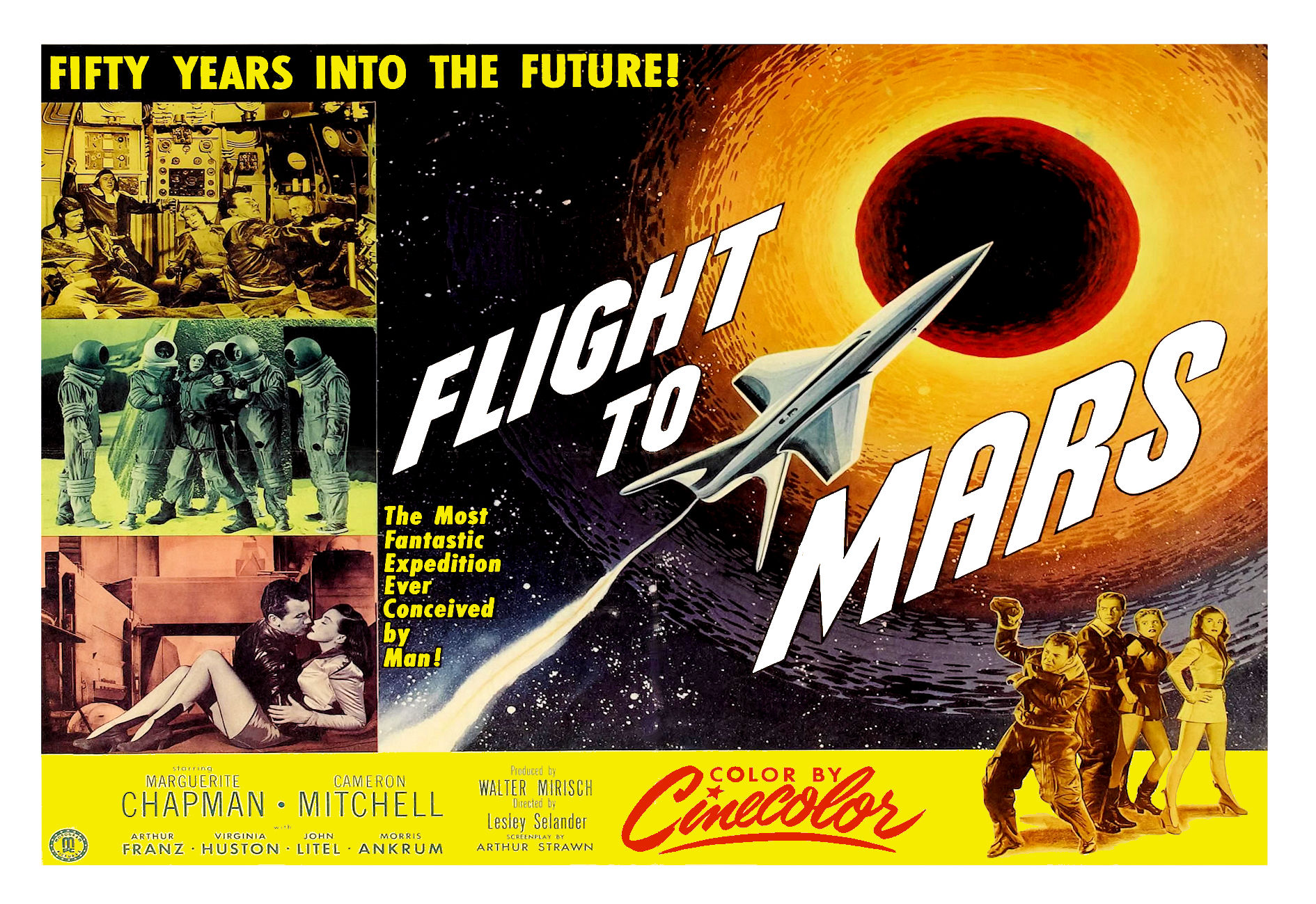
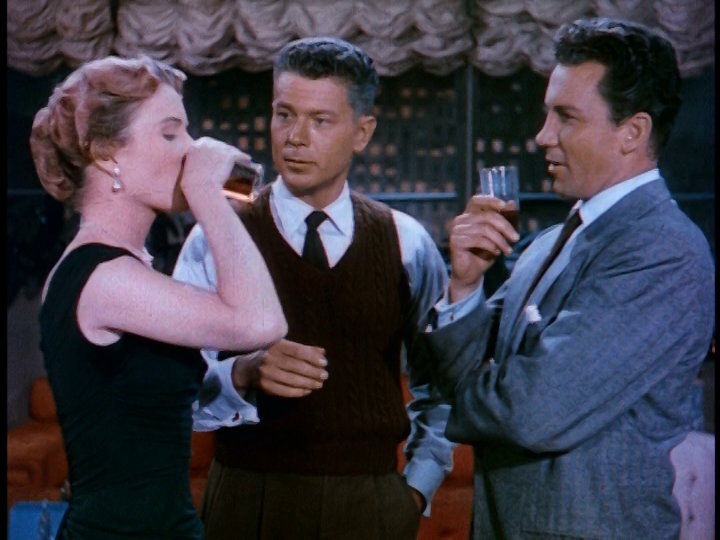
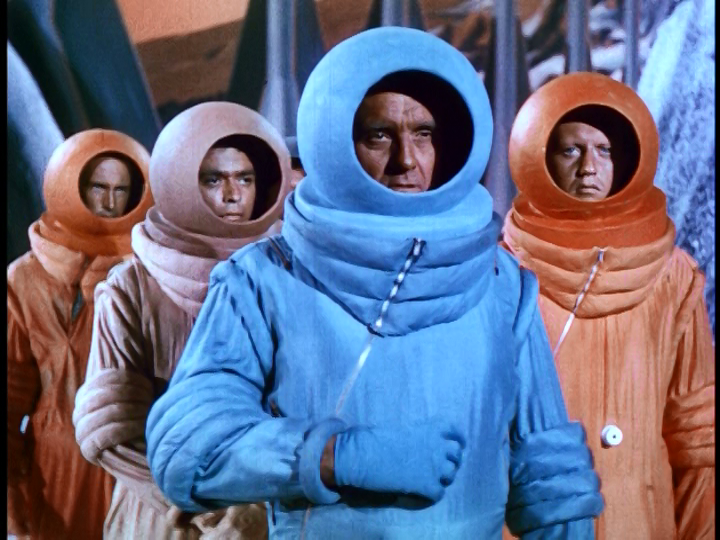
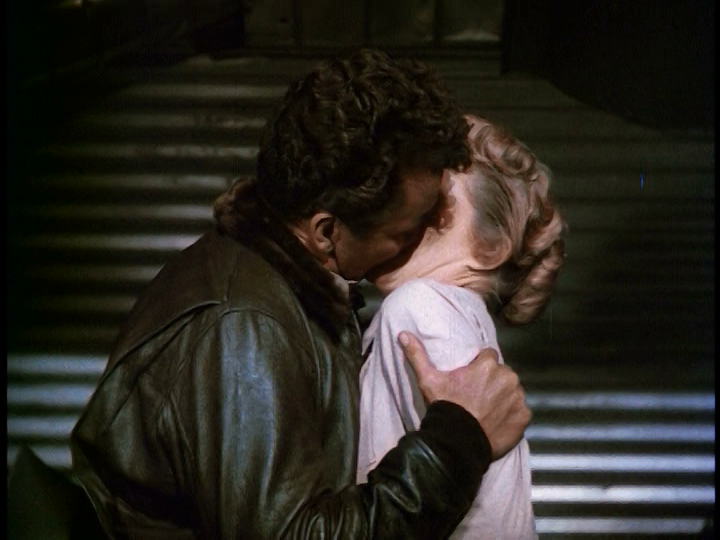
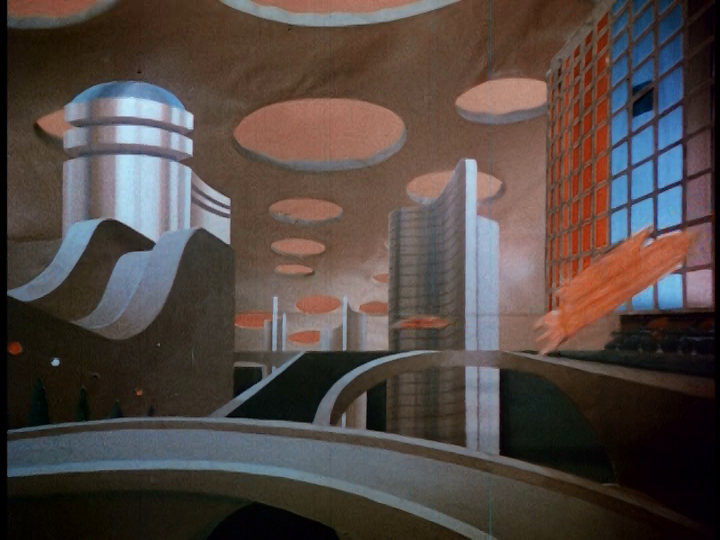
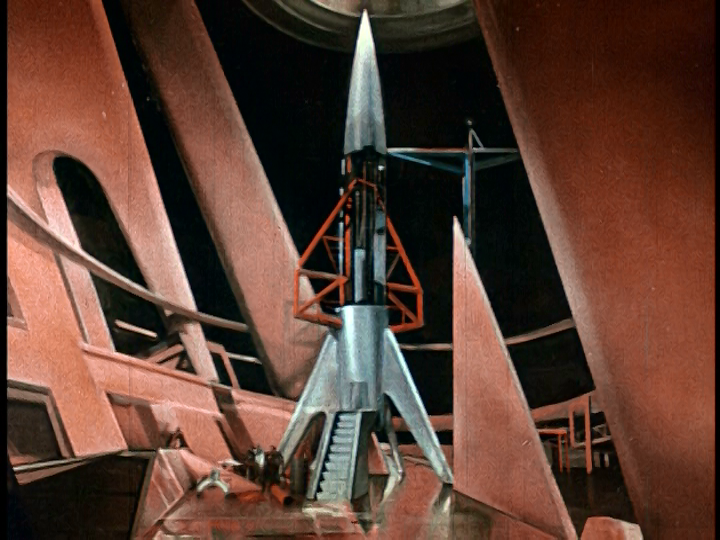
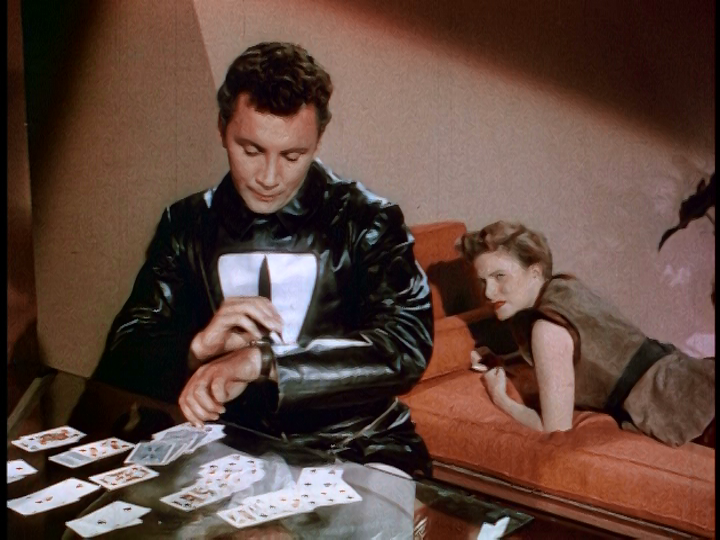
No comments:
Post a Comment